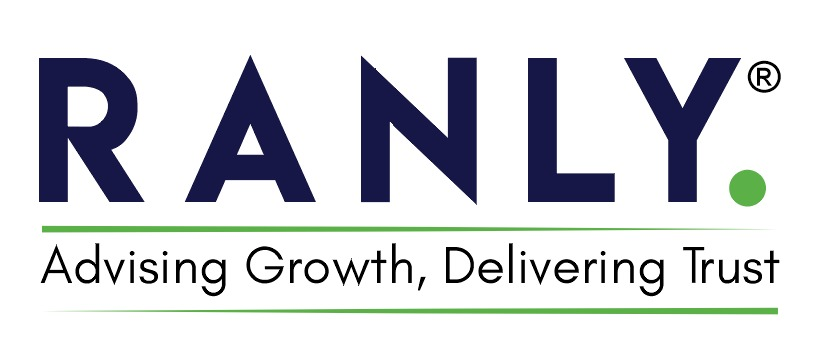What is inventory ?
-
Inventory is the raw materials, components and finished goods a company sells or uses in production. Accounting considers inventory an asset. Accountants use the information about stock levels to record the correct valuations on the balance sheet.
What is inventory management?
-
Inventory management aids businesses in determining which goods to order and when to order it. It keeps track of merchandise from purchase to sale. The practise monitors and reacts to trends to guarantee that there is always adequate stock to satisfy client requests and that shortages are detected early.
Inventory becomes income if it is sold. Inventory ties up cash before it sells, despite the fact that it is represented as an asset on the balance sheet. As a result, having too much inventory costs money and lowers cash flow.
Inventory turnover is one indicator of successful inventory management. Inventory turnover is an accounting metric that shows how frequently stock is sold over time. A company does not want to have more inventory than it can sell. Deadstock, or unsold inventory, can result from low inventory turnover.
Inventory Management Challenges
The primary challenges of inventory management are having too much inventory and not being able to sell it, not having enough inventory to fulfill orders, and not understanding what items you have in inventory and where they’re located. Other obstacles include:
Getting Accurate Stock Details:
If you don’t have accurate stock details,there’s no way to know when to refill stock or which stock moves well.
Poor Processes:
Outdated or manual processes can make work error-prone and slow down operations.
Changing Customer Demand:
Customer tastes and needs change constantly. If your system can’t track trends, how will you know when their preferences change and why?
Using Warehouse Space Well:
Staff wastes time if like products are hard to locate. Mastering inventory management can help eliminate this challenge.
Benefits of Inventory Management
The two main benefits of inventory management are that it ensures you’re able to fulfill incoming or open orders and raises profits. Inventory management also:
Saves Money:
Understanding stock trends allows you to know how much and where you have something in stock, allowing you to make better use of it. This also allows you to hold less stock at each location (store, warehouse), since you can fulfil orders from anywhere – all of this lowers inventory costs and reduces the quantity of product that goes unsold before it becomes obsolete.
Improves Cash Flow:
With proper inventory management, you spend money on inventory that sells, so cash is always moving through the business.
Satisfies Customers:
One element of developing loyal customers is ensuring they receive the items they want without waiting.



